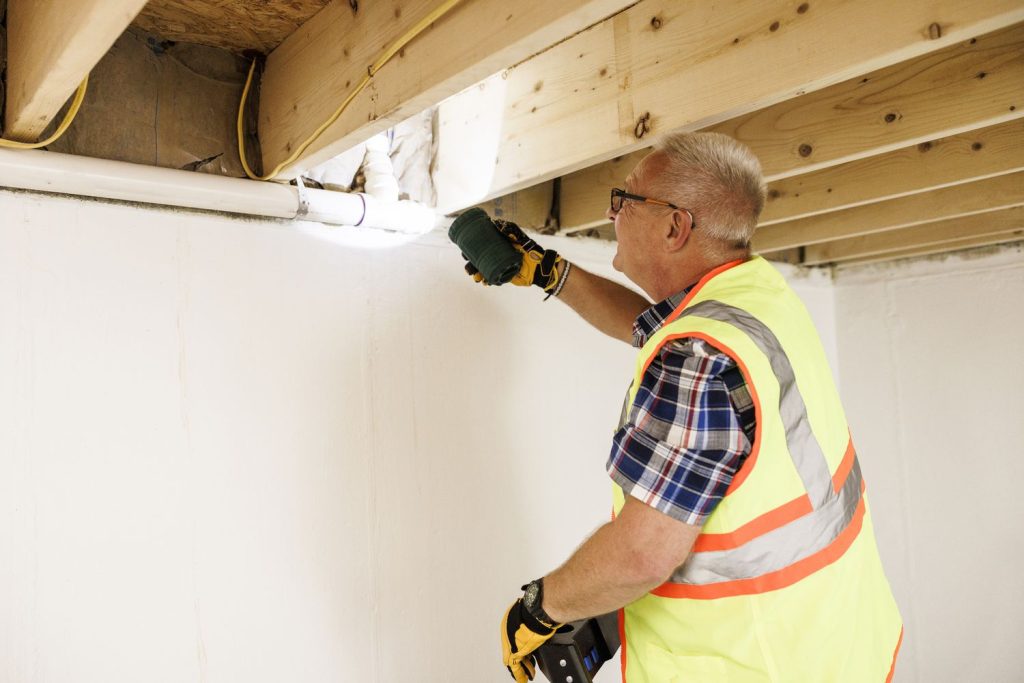When purchasing a home, many buyers focus solely on the price, overlooking the power of a well-executed home inspection as a strategic negotiation tool. A home inspection provides you with an in-depth understanding of the property’s condition, revealing potential issues that could impact its value or require costly repairs. This knowledge becomes an asset, giving you leverage in negotiations to secure a better deal on your dream home. A home inspection typically evaluates the structural integrity of the house, its plumbing, electrical systems, roofing, HVAC, and more. By identifying problems whether they are minor cosmetic flaws or major defects like a leaking roof or outdated electrical wiring you gain critical insight into the property’s true condition. If significant issues are uncovered, they can serve as strong negotiation points, allowing you to ask the seller for repairs, a reduction in price, or a credit towards future repairs. This gives you a practical advantage that can ultimately lower your out-of-pocket expenses and make the home more affordable. Beyond simply lowering the price, a home inspection can also give you peace of mind.

For example, if a home inspection reveals that the HVAC system is near the end of its lifespan, you can negotiate with the seller to either replace it or lower the asking price to compensate for the future cost of replacement. Similarly, if the foundation shows signs of settling, which could be expensive to repair, you might request the seller address the issue before the sale or again reduce the price to cover potential future repairs. Armed with the findings of a detailed inspection report, you can confidently approach negotiations and make requests that would otherwise be difficult to justify without evidence. Without this step, you may be unknowingly committing to a property that will drain your finances due to unforeseen issues down the line. In some cases, Home Inspector Edmonton might even prompt you to reconsider the purchase entirely, sparing you from making a costly mistake. On the other hand, if the home inspection reveals no major issues, you are in a strong position to move forward with confidence, potentially bypassing other buyers who are more hesitant or unsure.
Home Inspector Sherwood Park helps alleviate this uncertainty by providing a clear picture of the property’s condition. Negotiating after a home inspection also demonstrates to the seller that you are a savvy, informed buyer. Sellers often expect some back-and-forth during negotiations, but if your requests are based on tangible issues uncovered in the inspection, they are more likely to take them seriously. In some cases, a well-informed buyer who presents valid concerns may even convince the seller to make repairs before closing, reducing the likelihood of further negotiations down the road. However, it is important to approach negotiations thoughtfully. Rather than demanding drastic reductions or extensive repairs, it is usually more effective to make reasonable requests based on the findings of the inspection. Being flexible and open to compromise can help you maintain a positive relationship with the seller and keep the deal on track. In conclusion, utilizing a home inspection as a negotiation tool not only helps you get the best deal possible but also ensures that you are making a sound investment in your future home.

